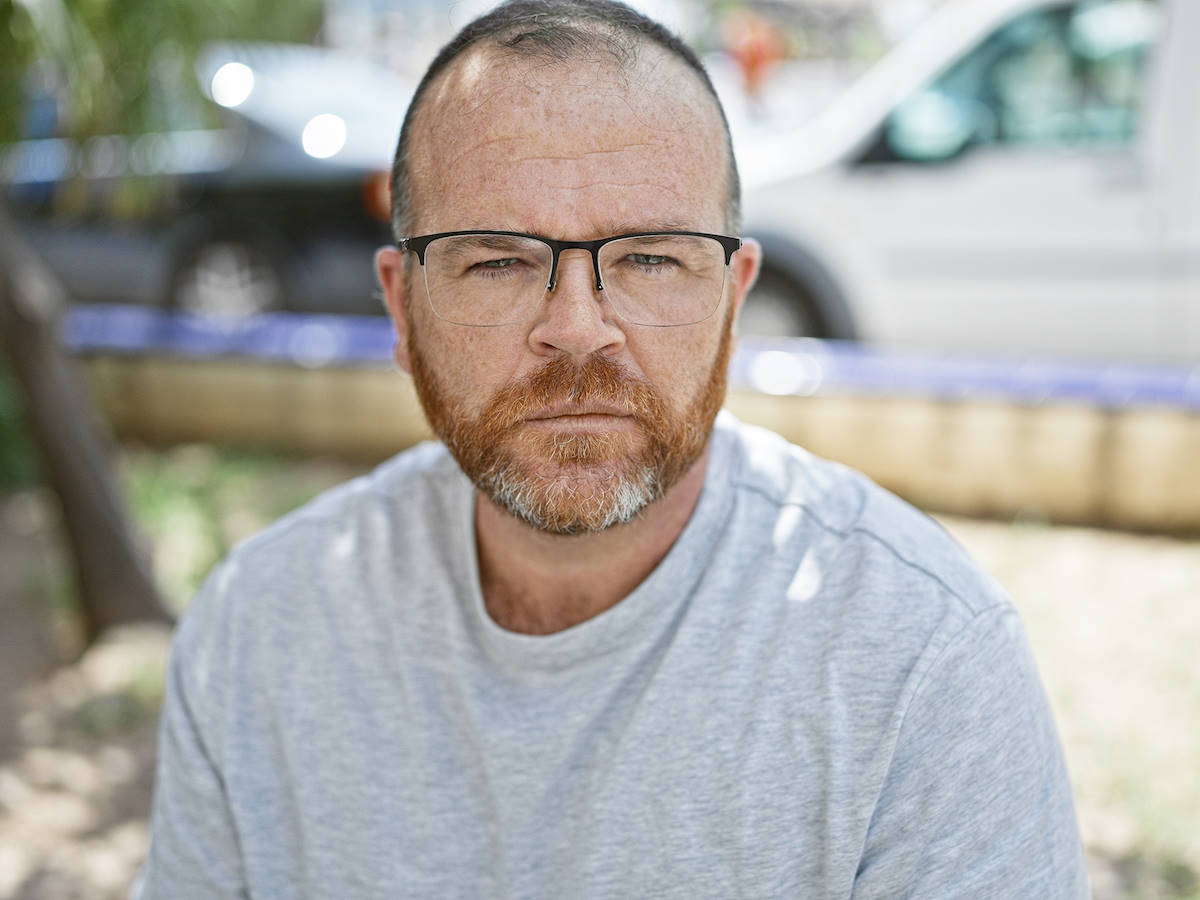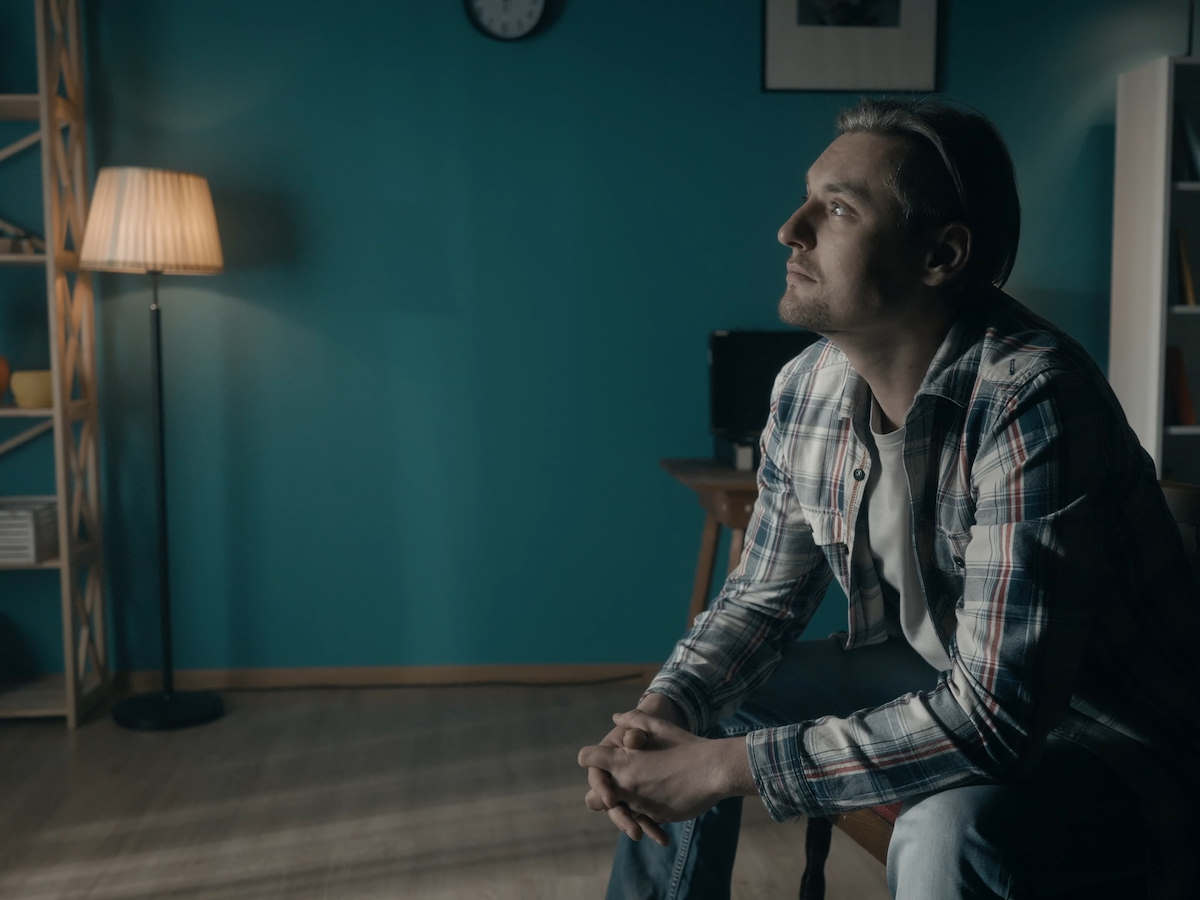Divorce is one of life’s most challenging transitions, often bringing with it a wave of emotions that can feel overwhelming. For many men, the end of a marriage can trigger profound feelings of loss, confusion, and sadness. It’s a time when self-identity, relationships, and routines are upended, leaving a sense of uncertainty about the future.
Post-divorce depression is a common but often under-discussed experience. Many men face an internal struggle as they navigate the emotional toll of separation, compounded by societal expectations to remain stoic and strong. The reality, however, is that feeling vulnerable after a divorce is entirely natural—and addressing those feelings is a vital part of the healing process.
Divorce can feel like an incredibly isolating experience, especially for men. Men tend to keep their problems to themselves and struggle to seek help. Asking for help is a struggle and many attempt to cope with the life-altering divorce process on their own. However, recognizing that divorce is a common experience for many men and seeking support can be a crucial part of rebuilding life after divorce.
Are you going through a divorce right now? Divorce does not have to be the end of your life; with the right approach, it can be the start of a brand new life instead. There are a few ways you can find guidance and encouragement that will help you through the process. How can you learn to manage your depression and move forward? Discover some practical steps toward rebuilding your sense of self, fostering healthier relationships, and regaining a sense of stability as you approach this new chapter in life.
Understanding Post-Divorce Depression
Divorce disrupts every aspect of your life as you once knew it. You chose someone to build a home with, possibly have children, and ideally grow old together. You likely had many long-term plans and a framework you anticipated living within for the rest of your life. Divorce turns all of this on its head and leaves many men reeling as they try to pick up the pieces and put their lives back together.
Post-divorce depression is a common experience for men going through a divorce. They experience many symptoms similar to traditional major depressive disorder, including:
- Persistent feelings of sadness, anxiety, or emptiness
- Feelings of pessimism or hopelessness
- Feelings of irritability, frustration, or anger
- Fatigue or lack of energy
- Losing interest in hobbies or activities
- Changes in sleeping patterns
- Changes in appetite
- Difficulty concentrating, remembering, or making decisions
Unfortunately, men face stigma when it comes to expressing their emotions surrounding divorce. The societal pressure to keep things inside and manage their feelings on their own holds strong during these kinds of experiences. However, bottling the post-divorce depression will only make the painful emotions persist and cause other problems in the long run.
Recognizing and addressing mental health challenges early is critical for your well-being. It feels unnatural at first but once you find an environment where you feel safe to open up, the effects are noticeable. Counseling or group therapy programs are a helpful tool for men going through a divorce who don’t know where to turn or feel like they have no one to reach out to.
The Emotional Impact of Divorce on Men
Divorce has an extreme emotional impact on both men and women. While there are almost as many different reasons couples separate as there are couples in the world, men have some unique pressures they deal with after divorce that are important to address.
- Identity shifts: Men who have families often build their identity around their families. They have pick up and drop off, parent-teacher conferences, sports practices and games, band practice, and a range of other responsibilities and activities related to their children. If they find themselves no longer the primary caregiver, this loss of constant activity can cause a serious identity crisis.
- Financial strain: Financial strain causes a significant emotional impact on men after divorce. Divorce is not a cheap process, costing a few thousand dollars on the low end and climbing higher as proceedings take longer or custody decisions become complicated. Men often have to provide alimony and child support as well, adding additional financial burden during an already difficult time. The significant financial strain of a divorce can have some notable effects.
- Isolation and loneliness: Men who have families are used to having a full house, a packed schedule, and a busy life. Divorce removes many of these aspects and often leaves men alone in the home they once shared with their family or in an apartment nearby as they navigate the divorce process. Isolation and loneliness settle in quickly and become more difficult to escape the longer you sit in them, so addressing them as soon as possible is important.
- Increased likelihood of substance use: Men going through a divorce are more likely to turn to substance use for relief. Self-medicating post-divorce depression is a common experience but can cause significant problems down the road. It may feel like it helps for a short period but the longer you turn to substances for relief, the less equipped you are to handle difficulties without relying on alcohol or drugs. This can eventually develop into a substance use disorder if left unaddressed for long enough.
These emotional impacts of divorce on men can cause severe distress. The impact becomes more pronounced the longer you hold your emotions in and try to manage the process by yourself. Thankfully, there are many ways to manage post-divorce depression with healthy coping skills rather than relying on negative reactions to an already difficult process.
Managing Post-Divorce Depression
You do not have to manage your post-divorce depression alone. There are plenty of resources available to men going through a divorce, all you have to do is decide to reach out and ask for help. What are some of the options that will help you navigate and build a strong foundation for your new life?
Build a Routine
Establishing a new routine as soon as possible is a crucial starting point post-divorce. Structure is an important factor in maintaining mental stability and the more variables you can pin down the better. Wake up at the same time every day, commit to eating at least three solid meals, exercise a certain number of times per week, and try to get in bed at the same time every night. Establishing predictable, healthy patterns in your daily life makes the uncertainty and potential chaos in other areas more manageable.
Stay Connected
Withdrawing from friends and other family members is tempting when men feel weak. You might want to keep to yourself and not “bother” others with your troubles, but it is more important now than ever to stay connected. Maintaining friendships and family connections with those you trust and feel comfortable around will make the process more tolerable. If you feel up to it, joining new social circles can provide new connections and a positive transition into this next stage of your life.
Develop Healthy Coping Mechanisms
Leaning into your existing healthy coping mechanisms or practicing new ones is another important tool. Hobbies and physical activities are great ways to spend time on positive distractions and reduce mental stress. Journaling, mindfulness, and yoga are all excellent practices to develop more self-awareness and recognize the things you hold onto that block you from moving forward.
Seek Professional Support
Professional support is another helpful option for men learning to manage depression after a divorce. Evidence-based approaches like cognitive-behavioral therapy (CBT) are a good way to work on your coping mechanisms and develop healthy thoughts and behaviors as you approach your new life. You could also consider support groups or group therapy sessions specifically for divorced men to find others who understand exactly what you are going through.
Rebuilding a New Life After Divorce
Although it may feel like your life is over after a divorce, you can still find hope and happiness in this new stage of life. So long as you don’t allow yourself to isolate, turn to unhealthy coping mechanisms, and sit in the depression when it sets in, you can find a way forward. Managing your depression is important after a divorce and turning to healthy tools and support systems will make the process more tolerable.
Use this new outlook to focus on setting new goals, exploring personal growth, and rediscovering your purpose. Consider trying new hobbies or activities you were always interested in, or maybe there were some you never considered before. Pursue your passions, focus on career growth, and set new standards for personal achievements; you still have a whole life ahead of you to live.
If you find you’re having trouble managing your depression on your own, seeking professional help is a good choice. If you notice persistent sadness, increased inability to function, severe disinterest in daily life, or suicidal thoughts, seek professional help immediately. Programs like those at Into the Light exist to help men through their darkest times so they can find hope, freedom, happiness, and a new way of life. It may seem out of reach or impossible at the moment, but you can find these things with the right help and care.
Depression is a natural part of the healing process after a divorce, and programs at Into the Light are available if you need additional support. Call us at (877) 446-8685 or submit an online contact form to learn more about the services we offer. Our understanding admissions specialists will be in touch with you to help you understand your options and determine which approach best suits your needs. Don’t struggle with your divorce on your own; reach out for help and find support and freedom on your path to a new life.


